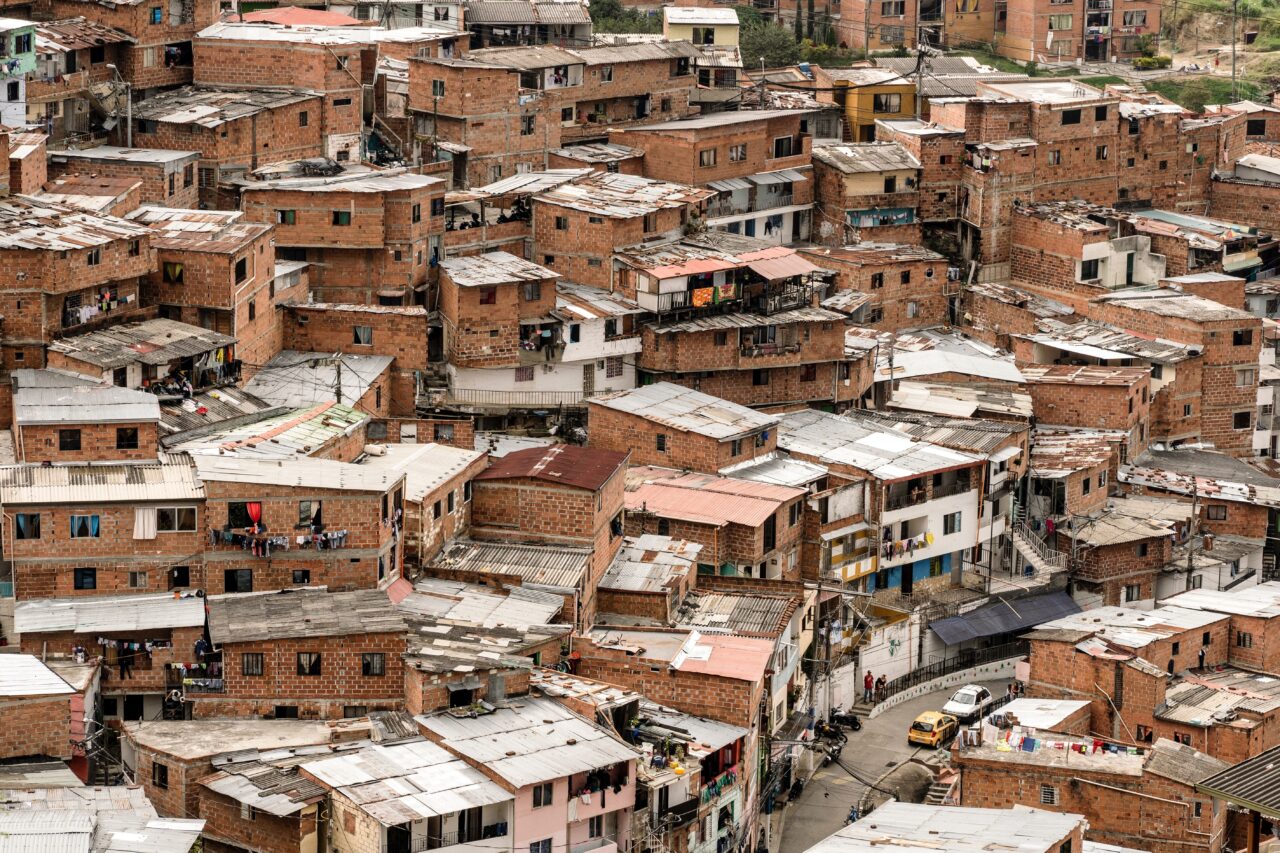Introduction
The Supreme Court of India has made a ground-breaking judgment that landowners possess a preferential right to redevelop slum-affected land in Maharashtra, and the State cannot forcibly acquire such property without first giving the owners their due process. This judgment balances the historical conflict between urban development, landowners’ rights, and slum dwellers’ welfare and sets a new benchmark for slum rehabilitation schemes in Mumbai, and the entirety of Maharashtra.
Background
The controversy arose over land in Kurla, Mumbai owned by Indian Cork Mills Private Limited (ICM), that had for over 40 years been encroached upon and partially declared a “Slum Area” since 1979. As years passed, slum dwellers organized and formed the Tarabai Nagar Cooperative Housing Society. This organization sought to have the State acquire and redevelop land, with reference to the Maharashtra Slum Areas (Improvement, Clearance and Redevelopment) Act, 1971. The SRA in 2011 declared the whole parcel of land a Slum Rehabilitation Area, and consequently the State issued notices to acquire the property in 2016. ICM objected to their notices to acquire, citing its rights as landowner to develop and redevelop. The Bombay High Court on review sided with the landowner ICM and set aside the State’s order of acquisition. The slum society, State of Maharashtra, and the SRA appealed the decision to the Supreme Court.
Key Points
- The Supreme Court ruled that Chapter I-A of the Maharashtra Slum Areas Act provides landowners with a significant preferential right to submit a slum rehabilitation scheme in respect of their land.
- The Slum Rehabilitation Authority (SRA) is obliged to furnish landowners with formal notice that invites them to submit a redevelopment plan. A Gazette notification or a declaration of the area as an SR Area is insufficient; a formal personal notice is imperative.
- One of the strict conditions imposed by the State in exercising its power to compulsory acquire lands under Section 14 of the Act recognizes that the State must first extinguish the landowner’s preferential right before exercising the power of acquisition; it may not do so while the landowner is willing and able to redevelop.
- Owners cannot be deprived of their property or rights, except on formal notice and having a genuine opportunity to present a redevelopment scheme. However if an owner is not invited by the SRA or State to submit a proposal and considered, the due process provision in the Constitution of India would be violated.
- The Court made clear its displeasure of the conduct of the State and SRA to thwart or circumvent the owners rights, characterizing the conduct as arbitrary and lacking bona fides.
Recent Developments
The Supreme Court dismissed all appeals and upheld the judgment of the Bombay High Court, restoring the primacy of the rights of the landowner. ICM will be permitted 120 days to file a new Slum Rehabilitation Scheme, and the SRA and State have been ordered to deal with the application under a new Regulation within 60 days. The Court’s decision has disposed of a lengthy legal process of eight years, vacated all interim orders against the landowner and has directed the authorities to respect the statutory and constitutional rights of the owner. The ruling provides a precedent that is binding for slum rehabilitation and acquisition cases in that state of Maharashtra.
Conclusion
This Supreme Court ruling achieves an important balance between the social welfare objective of the State while respecting the constitutional rights of private landowners. The ruling protects the owner’s preferential right of the land and the transparency of the administrative process required of a public authority. This ruling brings clarity, fairness, and safeguards against arbitrary land acquisitions relating to slum redevelopment in the future. This ruling can be expected to make future projects more streamlined, with less litigation, and in a manner that reflects a more equitable and law-abiding approach to urban housing redevelopment in Maharashtra.
“PRIME LEGAL is a full-service law firm that has won a National Award and has more than 20 years of experience in an array of sectors and practice areas. Prime legal falls into the category of best law firm, best lawyer, best family lawyer, best divorce lawyer, best divorce law firm, best criminal lawyer, best criminal law firm, best consumer lawyer, best civil lawyer.”
WRITTEN BY __ Kondala Phani Priya


